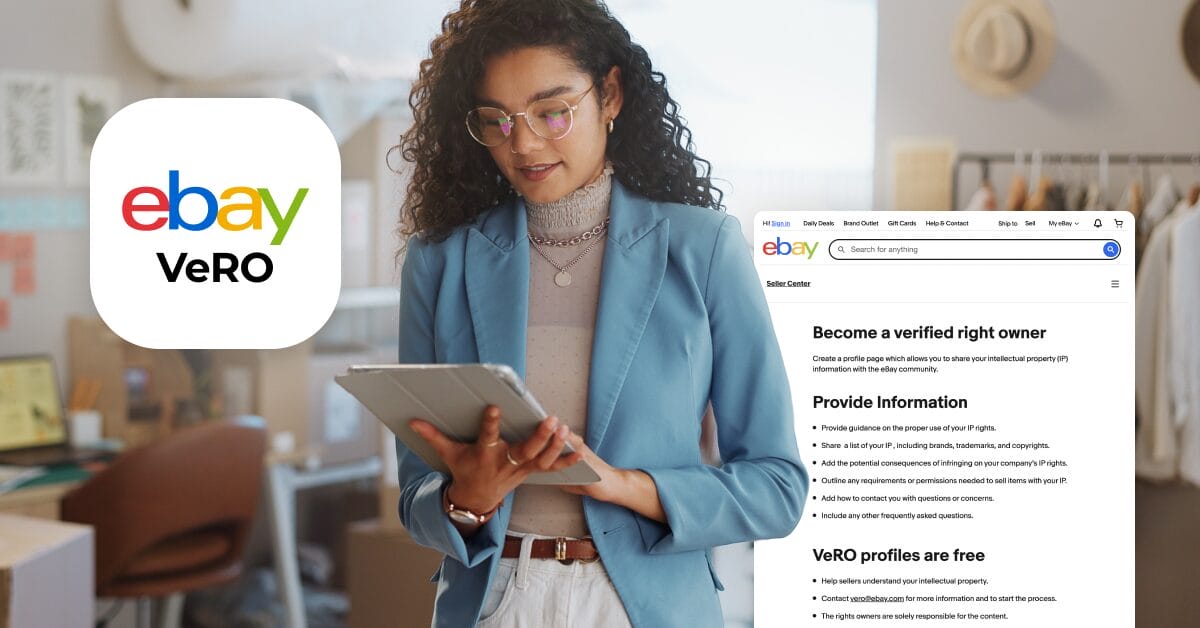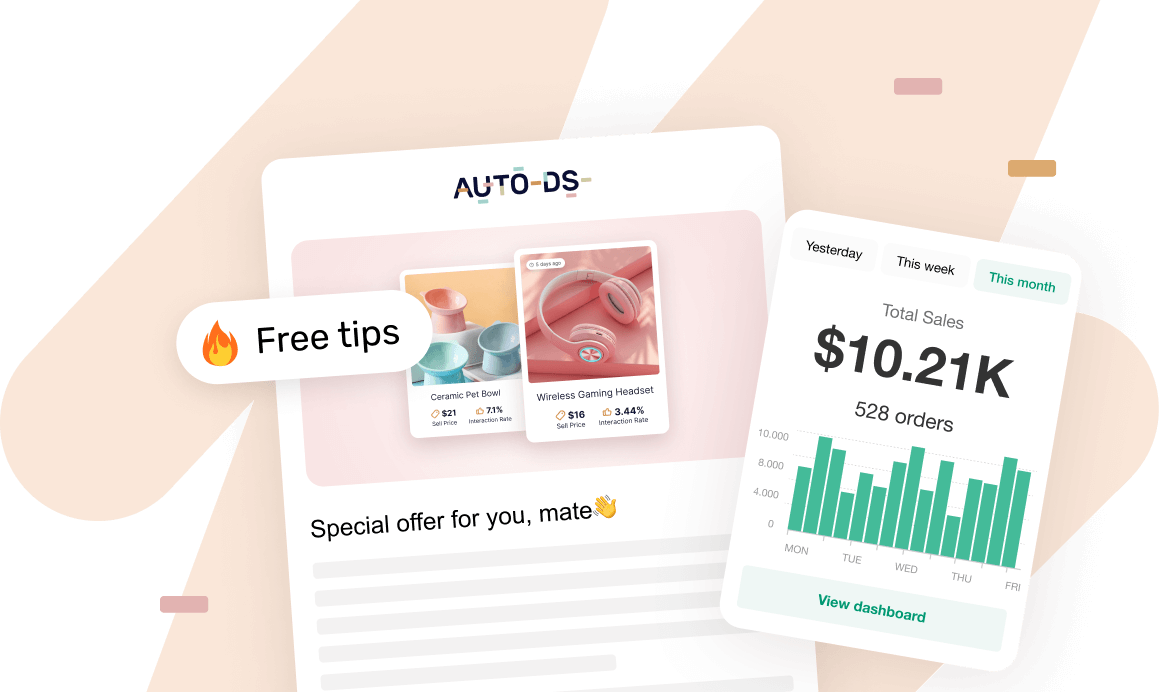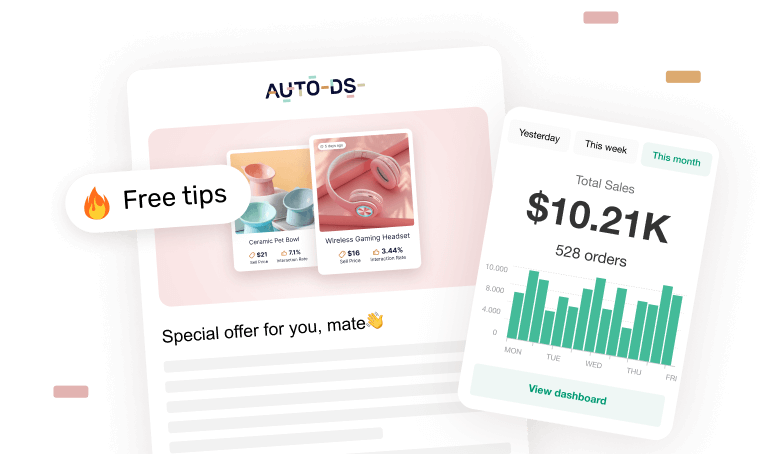If you’re dropshipping on eBay, you need to understand the Verified Rights Owner (VeRO) Program. One careless listing can trigger removals, restrictions, or even account suspension. AutoDS can automate product imports and daily operations, but you still need to stay compliant—and that starts with intellectual property (IP) basics.
The VeRO program allows rights owners to report listings that infringe copyrights, trademarks, designs, or patents. Ignore it, and you risk enforcement actions. In this guide, we’ll show you how VeRO works, the most common triggers for dropshippers, how to check products before listing, and how AutoDS can help you minimize risk while you scale.
eBay’s VeRO program protects brands by removing listings that infringe on copyrights, trademarks, or patents
Common triggers include using brand names, official images, or selling replicas (even unintentionally.)
Always verify resale rights and check the official VeRO Participant List before listing any branded product.
Generic, unbranded items are the safest choice for dropshippers and still offer strong profit margins.
AutoDS helps dropshippers stay VeRO-compliant by sourcing from verified suppliers, filtering risky products, and automating listing checks.
What Is eBay VeRO?
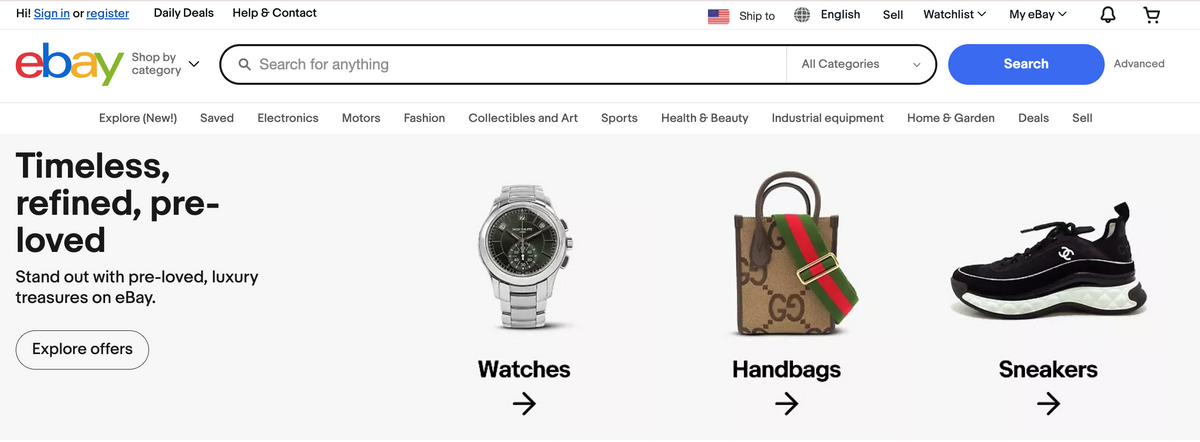
VeRO stands for Verified Rights Owner—it’s eBay’s IP protection system. Think of it as eBay’s quiet patrol ensuring sellers don’t misuse logos, photos, brand names, or protected designs.
What counts as infringement under VeRO?
- Copyrights: Using protected photos, videos, copy, or artwork without permission.
- Trademarks: Misusing logos, slogans, or brand names in a way that suggests official affiliation.
- Patents & Design Rights: Listing products that copy a protected invention or design.
How it works: Rights owners (e.g., Nike, Apple, Disney) register with eBay. If they find a violating listing, they report it via VeRO; eBay reviews and removes it if confirmed.
💡 Beginner’s Tip: Don’t assume that “everyone’s selling it” means it’s allowed. Many dropshippers get flagged for using branded images or names they found online. When in doubt, double-check the official VeRO list before listing a product.
How eBay VeRO Works
When a rights owner spots a listing that uses their IP without permission, they file a VeRO report. eBay reviews it and, if it’s valid, removes the listing and notifies the seller (including who reported it and why).
But the consequences depend on how serious or repeated the violation is:
- First-time or minor violations may trigger a warning or listing removal.
- Repeated violations often result in temporary selling restrictions or account suspension.
- Severe or intentional violations — like selling counterfeit goods — can lead to a permanent ban and possibly legal action from the rights owner.
And here’s the part that surprises most new dropshippers 👉 Intent doesn’t matter. Even if you didn’t mean to sell a copyrighted or branded item, eBay treats it as a violation. Using a Disney image on a mug, reselling “inspired” Apple accessories, or listing a Nike product from an unverified supplier can all trigger a VeRO takedown.
Common VeRO Triggers for Dropshippers
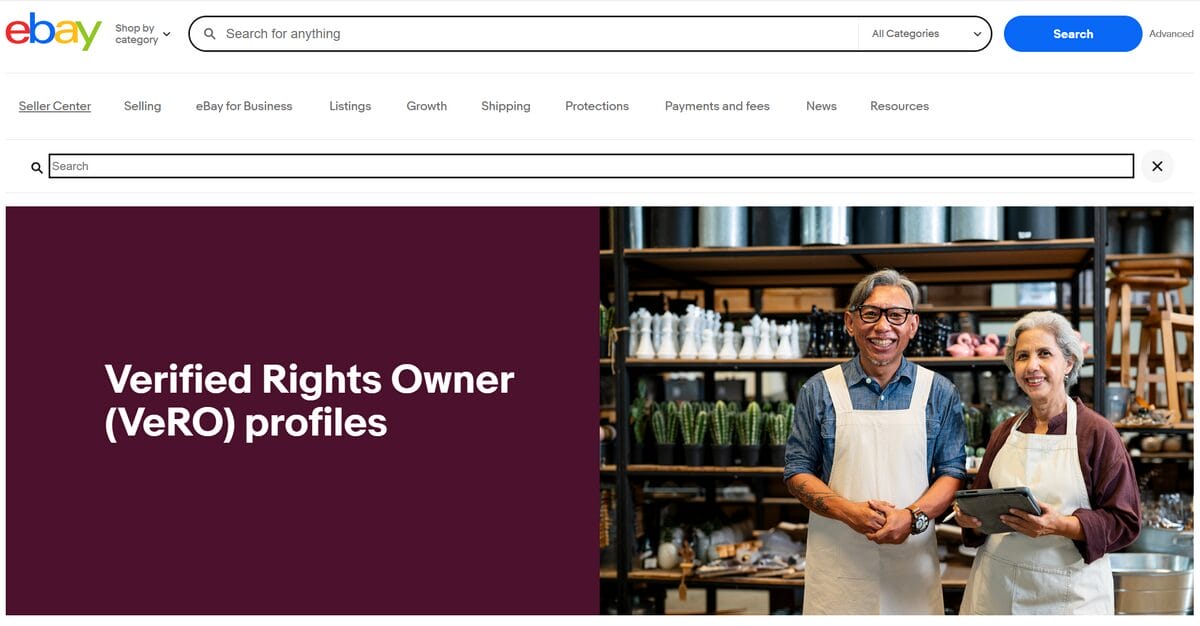
This is where most dropshippers get caught — often without even realizing it. The VeRO program doesn’t just target counterfeit sellers; it also flags unauthorized or misleading listings, even if the products themselves are real. Let’s break down the most common triggers so you can avoid them like a pro:
- Selling branded products without authorization. You shouldn’t list items with logos/names (e.g., Nike, Apple, LEGO) unless your supplier is authorized.
- Using brand names in titles/descriptions. Phrases like “Gucci-style” or “iPhone-compatible AirPods” can trigger VeRO.
- Uploading copyrighted images or logos. Don’t copy images from brand sites or Amazon listings.
- Listing replicas/imitations. “Dupes,” “replicas,” and counterfeits lead to swift enforcement.
- Copy-pasting manufacturer descriptions. Always write original copy (it’s safer and better for SEO).
💡 Pro tip: Rewrite titles/descriptions. Leverage tools like the AutoDS AI Title & Description Generator to speed up rewrites, ensure your copy is always unique and reduce VeRO risk.
How To Check If a Product Is VeRO Safe
Before you list anything on eBay, it’s smart to ask: Is this product VeRO-safe? Because once a listing is flagged, there’s no “undo” button. This is how you can check step by step:
Step 1: Check eBay’s official VeRO List
Start by visiting the eBay VeRO Participant List. This is the public database of all registered brands that actively monitor for intellectual property violations. If a brand appears there, it means you need their permission before selling their products or using their content.
Step 2: Research the brand’s resale policy or IP statement
Some brands allow authorized resellers or “gray-market” listings under specific conditions — others don’t allow any resale at all. Check the brand’s website for their official resale policy or “Intellectual Property Notice.” This tells you exactly what’s allowed and what’s not.
Step 3: Avoid gray-market or replica items from unauthorized suppliers
Just because a product looks real or ships from a familiar platform doesn’t make it legit. Avoid suppliers selling “replicas,” “dupes,” or “inspired by” versions of branded products. Those are classic VeRO traps.
💡 Pro Tip: Run a quick Google image search of your product photo. If you see it on multiple branded sites, it’s probably copyrighted — use a different image.
Step 4: Use AutoDS research filters
You can search for non-branded/private-label items with AutoDS research filters. AutoDS integrates with vetted suppliers and lets you prioritize generic/private-label products—helping you build a VeRO-safer catalog while automating imports, inventory sync, and fulfillment.
What To Do If You Get a VeRO Violation
So… you got hit with a VeRO notice. Don’t panic, it happens to a lot of sellers (especially dropshippers). What matters is how you handle it. Luckily, there are a few things you can do to protect your account and recover smoothly:
Review eBay’s notice carefully
Open the email or message from eBay and read it line by line. It will specify which listing was removed, the rights owner’s name, and the reason for the violation (copyright, trademark, etc.). Understanding why you were flagged helps prevent future mistakes. Also, once you get flagged, the last thing you want is for it to happen again.
Remove any similar listings immediately
If you have other items from the same brand or similar product type, take them down before they trigger more reports. eBay’s system tracks patterns, so a fast cleanup shows good faith and can help reduce further penalties.
If it’s a false report, contact the rights owner directly
Sometimes, VeRO reports are made in error. For example, if you were selling a legitimate product from an authorized supplier. In that case, reach out to the rights owner (their contact info is often included in the notice) and provide proof of authorization or invoices to confirm your legitimacy. If resolved, they can ask eBay to reinstate your listing.
Don’t relist until the issue is fully resolved
Relisting a removed item is treated as a repeat offense and can escalate to suspension.
If your account does end up suspended, check out our full guide: eBay Account Restricted? Here Is How To Reinstate It In 2026 for a complete recovery strategy and prevention plan. And don’t forget AutoDS helps dropshippers protect their stores by automating product verification and removing risky listings before they trigger VeRO reports.
How To Avoid eBay VeRO Violations Entirely
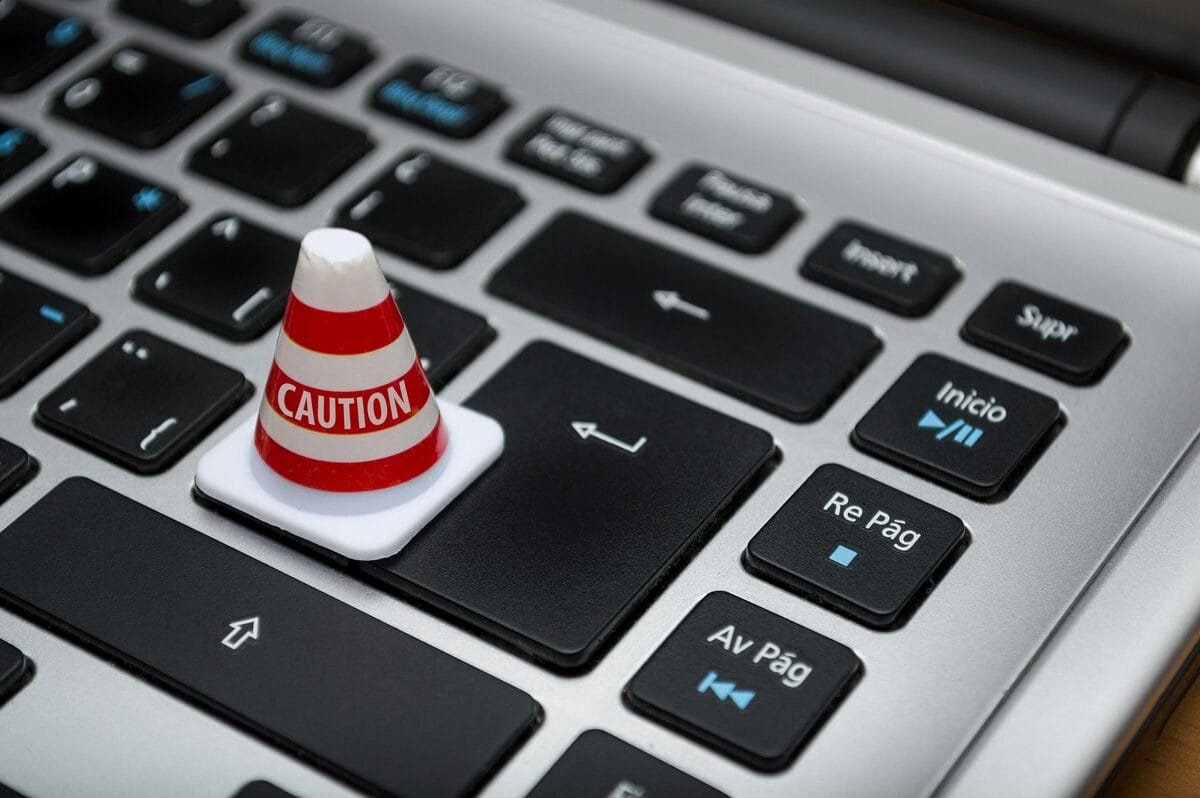
Here’s the good news: staying VeRO-compliant doesn’t mean you have to tiptoe around every product listing forever. It just means following a few smart habits that keep your store safe, sustainable, and trusted by eBay, while still letting you sell trending, profitable items.
Here’s your ultimate VeRO-safe checklist:
Focus on unbranded or generic items from trusted suppliers
The easiest way to stay clear of VeRO trouble is by avoiding branded items altogether. Generic products like ergonomic home gadgets, LED lights, or beauty products sell incredibly well and don’t attract unwanted legal attention.
Reword product titles and descriptions
Always write in your own words. Instead of copying manufacturer text, use your own tone and highlight product benefits, or work with an AI tool. It’s safer legally, better for SEO, and helps you stand out in a sea of identical listings.
Use your own lifestyle photos whenever possible
Take your own photos or use royalty-free visuals that fit your brand’s vibe. Avoid using official brand images, stock photos with logos, or watermarked media — those are all common copyright traps.
Avoid keywords that imply brand association
Phrases like “Apple-style,” “Gucci-inspired,” or “Nike-compatible” are VeRO magnets. Stick to neutral descriptors. For example, say “wireless earbuds” instead of “AirPods-like headphones.”
Run listings through AutoDS checks before publishing
AutoDS can flag risky keywords, surface safer supplier options, and streamline edits so you publish cleaner, more compliant listings faster.
How AutoDS Helps You Stay VeRO-Compliant
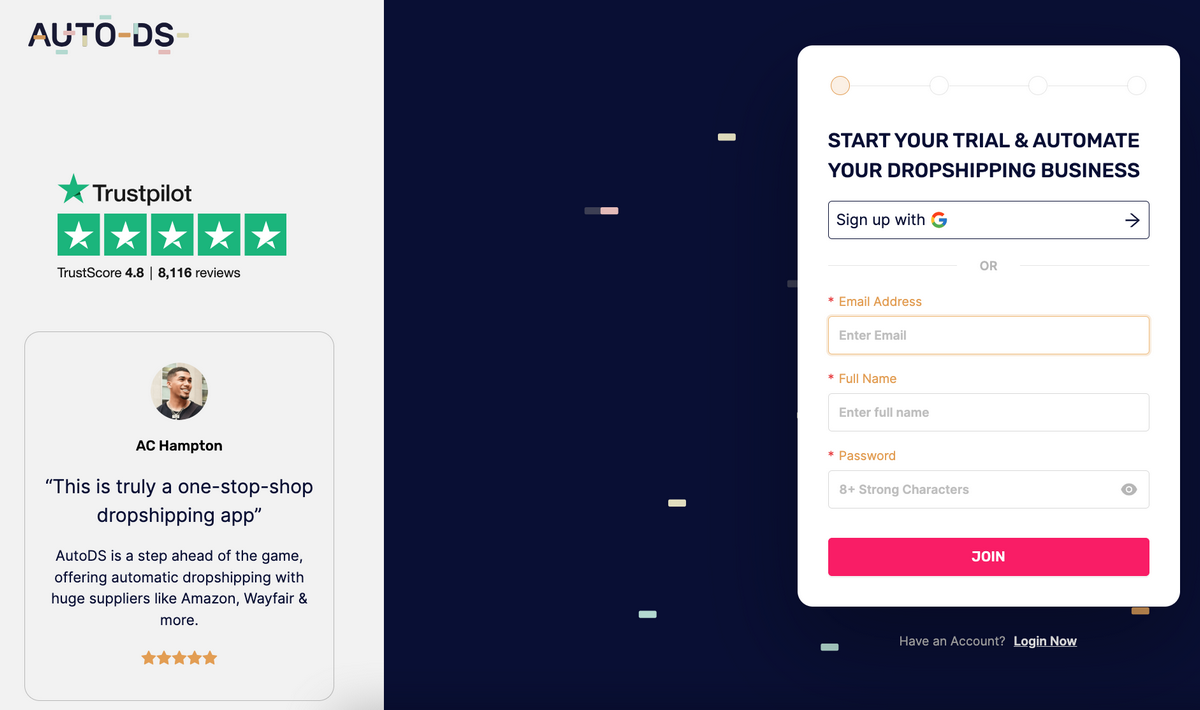
Checking every single product against the VeRO list manually would take hours of tedious work. Between product research, listing optimization, and order management, no seller has time to cross-check every item against eBay’s ever-changing IP database. That’s exactly where AutoDS steps in to save you time and protect your business.
The AutoDS dropshipping platform automatically integrates eBay’s official VeRO list into its product-import system. Every time you add or import a product, AutoDS runs a background compliance check — scanning for VeRO-listed brands, keywords, and manufacturer names that could get your account flagged. The system updates daily, ensuring you’re always protected against newly added brands and IP owners.
If a product triggers a potential VeRO match, AutoDS immediately displays a warning inside the platform, clearly identifying the risky keyword or brand (for example, “Manufacturer name contains a VeRO word: Apple”). You can then decide whether to import that product, find a compliant alternative, or skip it entirely.
This automated safeguard acts like a built-in VeRO protection layer, helping dropshippers avoid one of the most common pitfalls on eBay: accidental IP violations. It’s especially useful for beginners who might not recognize brand risks — and even for experienced sellers scaling large catalogs.
On top of that, AutoDS also:
-
Filters risky suppliers and listings before import to prevent future removals.
-
Monitors product updates in real-time, detecting discontinued or restricted items automatically.
-
Allows bulk editing of titles and descriptions to remove brand mentions or trademarked terms quickly.
-
Keeps your listings synced to reduce compliance errors that come from outdated product data.
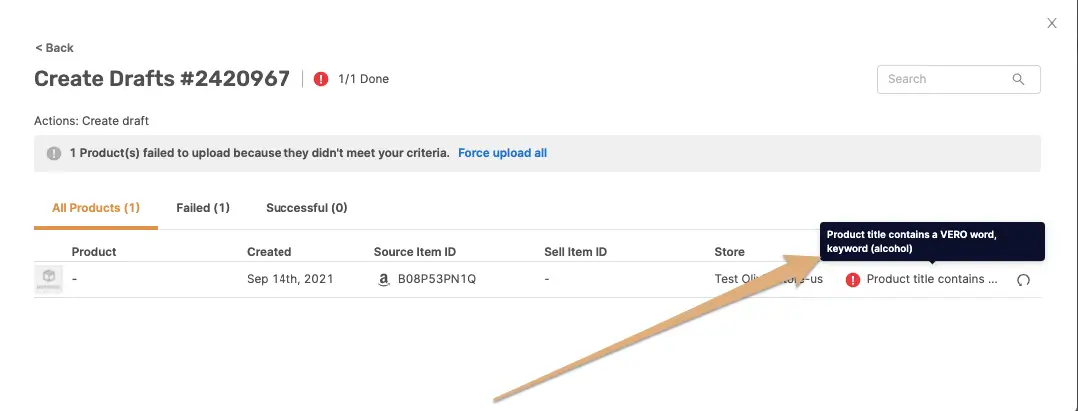
AutoDS doesn’t just help you avoid VeRO strikes — it helps you stay ahead of them. When you rely on automation to catch issues before they go live, you can focus on strategy and growth instead of constantly firefighting policy removals.
If you want to build a reliable eBay store that scales safely and efficiently, AutoDS gives you the automation, data, and protection you need in one place.
👉 Register now for your $1 AutoDS trial and let AutoDS handle VeRO compliance while you focus on growing your store confidently.
Best Practices for Safe eBay Dropshipping
Once you understand how VeRO works, the next step is to build a sustainable and safe dropshipping strategy that keeps your listings clean and your account in good standing. Consider this your long-term maintenance plan.
I present to you the best practices every eBay dropshipper should follow in 2026:
Stick to non-branded niches
Focus on categories that are naturally VeRO-safe, like home decor, kitchen tools, fitness accessories, pet supplies, and beauty gadgets. These items are popular, evergreen, and rarely tied to IP restrictions — meaning you can scale without stress.
Use AutoDS to source from suppliers with proven eBay-safe catalogs
The right suppliers will help you prioritize generic/private-label options and filter out higher-risk products.
Regularly update your listings
eBay’s VeRO database evolves constantly — brands come and go from the list all the time. Review your active listings at least once a month and remove anything that might have become restricted.
Track flagged listings and avoid repeat offenses
Keep a simple spreadsheet or tracker for any listings eBay removes. If a certain category or supplier is flagged frequently, it’s a sign to consider switching niches or updating your sourcing strategy. Repeated mistakes are what lead to real penalties.
AutoDS helps dropshippers source from verified suppliers and manage eBay-safe listings automatically, reducing the risk of VeRO violations while streamlining your daily operations.
Frequently Asked Questions
What happens if I get a VeRO strike on eBay?
If you get a VeRO strike, eBay removes the listing and sends a notice explaining the violation. Multiple strikes can lead to selling restrictions or even account suspension. Always review the notice carefully and delete similar listings immediately to prevent repeat offenses.
How can I check if a product violates VeRO before listing?
Check eBay’s official VeRO brand list to see if the brand protects its IP. If it’s listed and you’re not an authorized reseller, don’t list it. You can also verify resale permissions on the brand’s website. AutoDS simplifies this process by sourcing only VeRO-safe, verified products from trusted suppliers.
Can I use brand names in my product titles?
Only if you’re officially authorized to sell that brand’s products. Using brand names like “Nike-style” or “Apple-compatible” can trigger trademark violations. Instead, use neutral, descriptive phrases such as “wireless earbuds” or “fitness shoes.”
Are images from the internet safe to use?
Not necessarily. Many images found online are protected by copyright, even if they don’t have a watermark. Only use supplier-approved photos, royalty-free images, or your own original visuals to stay compliant.
What are the best suppliers for VeRO-safe products?
The best VeRO-safe suppliers offer non-branded, compliant catalogs and transparent sourcing policies. AutoDS connects with verified suppliers like AliExpress, CJDropshipping, and its own private network, filtering out risky listings automatically. This ensures you sell products that meet eBay’s IP and compliance standards from the start.
Protect Your eBay Store with AutoDS
At the end of the day, staying compliant on eBay literally means protecting the business you’ve worked hard to build.
The VeRO program can feel intimidating at first, especially when you’re just starting out, but it’s really about creating a fair, trustworthy marketplace for both sellers and buyers. And when you understand how it works, it stops being scary and starts becoming a competitive advantage.
AutoDS helps you prioritize safer products, filter risky terms, and bulk-edit listings so you spend less time firefighting and more time growing. By combining automation with compliance, AutoDS makes eBay dropshipping safer, faster, and way less stressful.
If you’re serious about building a sustainable eBay business, let AutoDS handle the compliance side while you focus on what actually drives sales.
👉 Start your $1 trial today and protect your eBay store from VeRO violations while automating your entire dropshipping workflow.
To deepen your strategy, check out these related guides:






